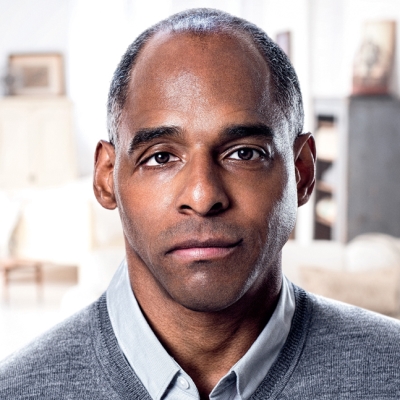 The odds of a stroke happening to you or someone you know are quite high. One in six people are likely to suffer a stroke, according to the
American Heart Association/American Stroke Association.
The odds of a stroke happening to you or someone you know are quite high. One in six people are likely to suffer a stroke, according to the
American Heart Association/American Stroke Association.
A stroke occurs when blood flow to the brain is interrupted. As a result, brain cells in the immediate area begin to die because they
no longer get the oxygen and nutrients they need to function.
According to the
National Institute of Neurological Disorders and Stroke, stroke is the third leading cause of death in the U.S. and a leading cause of serious, long-term disability in adults. About
600,000 new strokes are reported nationwide each year.
Sometimes called a “brain attack,” a stroke can affect anyone
at any age.People over 55 years old have a higher chance of stroke, and the risks
increase with age. Men, African-Americans and people with diabetes or
heart disease are most at risk.
Because stroke injures the brain, people in the midst of having a stroke
may not realize what is happening. To others, someone who is having a stroke may just look confused, unaware
or even intoxicated. Yet, stroke victims have the best chance of recovery
if someone around them recognizes the symptoms and acts immediately.
The goal: receiving medical treatment within 60 minutes of the onset of symptoms.
 People having a stroke may experience some or all of these warning signs,
some of which can be subtle:
People having a stroke may experience some or all of these warning signs,
some of which can be subtle:
- Sudden numbness or weakness of the face, arm or leg, especially on one
side of the body
- Sudden confusion, trouble speaking or understanding speech
- Sudden trouble seeing in one or both eyes
- Sudden trouble walking, dizziness, loss of balance or coordination
- Sudden, severe headache with no known cause.
The signs of a stroke depend on the side of the brain that’s affected,
the part of the brain affected and how severely the brain is injured.
Sometimes it’s completely painless. Sometimes it is associated with
a headache.
To easily remember the sudden signs, learn and remember “FAST.”
When you spot these signs, you will know that you need to immediately
call 911 for help.
For more information on stroke, talk to your primary health care provider.
You also can call the American Heart Association/American Stroke Association
toll-free at (888) 478-7653 to learn more.